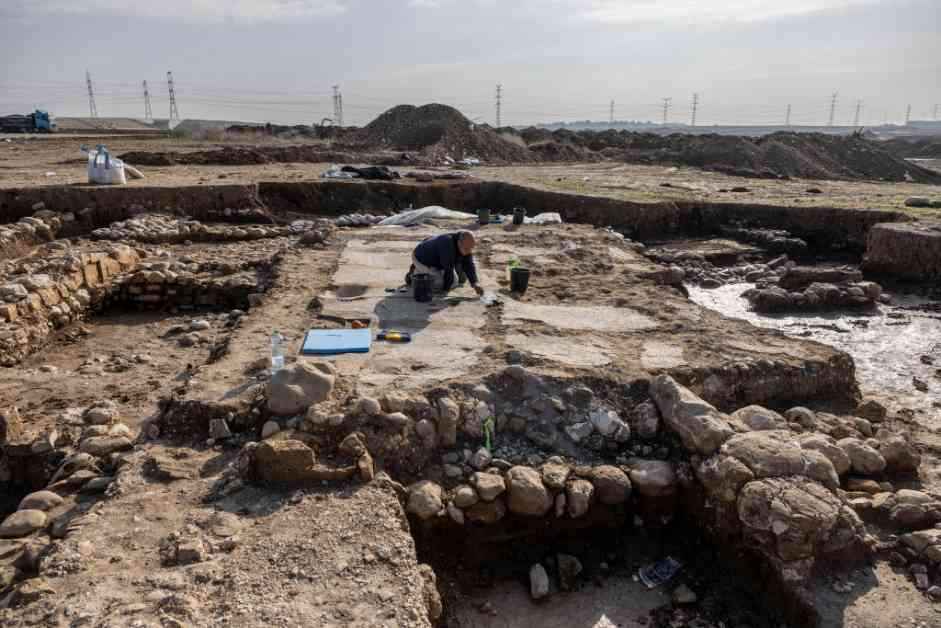The recent debate surrounding the oversight of West Bank antiquities by the Israel Antiquities Authority (IAA) has sparked controversy and raised concerns among various stakeholders. The Likud party member, Amit Halevi, presented a bill proposing that the IAA take on an official role in overseeing West Bank artifacts. However, the proposal was met with opposition from the IAA, leading to a subsequent revision by Halevi, who now suggests the creation of a new agency under the Heritage Ministry to fulfill this role instead.
Challenges to Antiquities Oversight
Historically, the Civil Administration’s Archaeology Unit, managed by a military office, has been responsible for overseeing archaeological sites in the West Bank. Halevi’s plan aims to shift this responsibility away from the military-led structure to a civilian agency. This proposed change has raised concerns among representatives of the IAA, who fear that it could potentially compromise Israel’s academic relationships and international standing in the field of archaeology.
The West Bank is home to approximately 2,600 archaeological and religious sites, including significant locations tied to Jewish history such as the Qumran Caves, Sebastia, and Shiloh. Despite their historical importance, many of these sites have been targeted by looters, leading Israeli archaeologists to advocate for increased safeguards to protect them from further damage.
Political Implications and Safeguarding Cultural Heritage
Critics of the bill, including Palestinian and Israeli human rights organizations, have voiced concerns that the proposed changes could be exploited for political gain. They argue that certain groups may use archaeological sites as tools to advance agendas that could result in the displacement of Palestinians and the unlawful acquisition of land under the guise of antiquities oversight.
At a recent Knesset committee meeting to discuss the bill, IAA Chief Scientist Gideon Avni emphasized the importance of the current military-led structure in preserving the integrity of archaeological sites. Benny Har Even, a staff officer of archaeology, echoed these sentiments, expressing apprehension that removing Israeli security forces from overseeing West Bank locations could jeopardize the protection of these vulnerable sites.
As the debate continues to unfold, it is evident that finding a balance between preserving cultural heritage and maintaining security remains a complex challenge. The implications of any decision made regarding the oversight of West Bank antiquities will undoubtedly have far-reaching consequences for both the archaeological community and the broader political landscape in the region.












